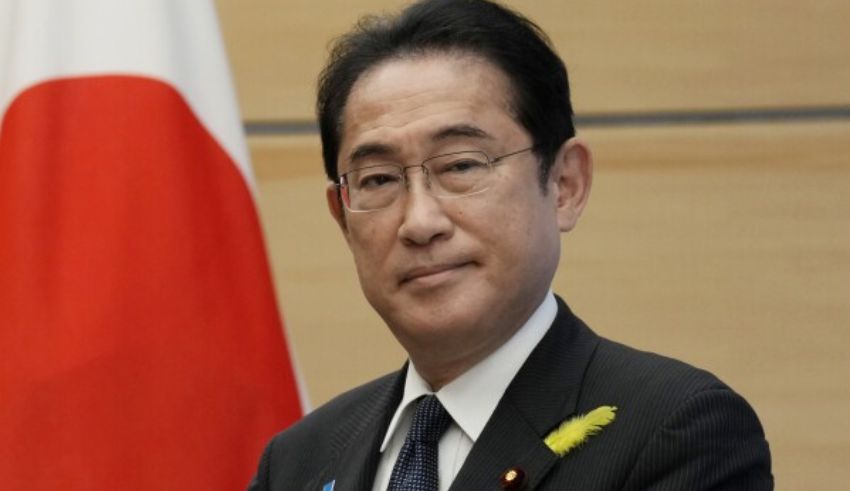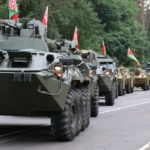
Japan has called for a new security strategy amidst growing military ties between Russia, China and North Korea. It raised concerns over China’s assertiveness in the region.
According to the 2023 edition of Japan’s defense white paper, China, Russia and North Korea contribute to the most severe and complex security environment since the end of World War II. It says China’s external stance and military activities have become a serious concern for Japan and the international community, and presents an unprecedented and the greatest strategic challenge.
Japanese Defense Minister Yasukazu Hamada said China is rapidly enhancing its military capability qualitatively and quantitatively, including nuclear and missile forces, while continuing and amplifying its unilateral changes to the status quo by force and such attempts in the East China Sea and the South China Sea. He highlighted that North Korea is rapidly advancing its nuclear and missile development, repeatedly launching missiles.
The report says North Korea’s military activities pose an even more grave and imminent threat to Japan’s national security than ever before. “It is believed that North Korea has the ability to attack Japan with nuclear weapons fitted to ballistic missiles.”
Keep Reading
To strengthen its defense, Japan and the US are strengthening their alliances. Hamada said diplomacy is Japan’s priority. “At the same time, Japan must make efforts to defend our country by ourselves and increase deterrence. We need to make the opponent think that attacking Japan will not achieve its goals.”
Japan is also closely observing Russia and China relations. The two countries have recently stepped by strategic ties – repeated joint bomber flights and joint navigations of Chinese and Russian warships. Tokyo sees this demonstration of force as against Japan and a grave concern to the security of the region.
To boost its security and strengthen its position in the region, Japan introduced a new National Security Strategy in December 2022 for the first time in a decade. It acknowledged power politics (military capabilities), geopolitics, and economic security. Furthermore, Japan’s emphasis on a multifaceted and multilayered approach to Asia policy continues to be a constructive way to address the new regional and international challenges that have emerged.


























